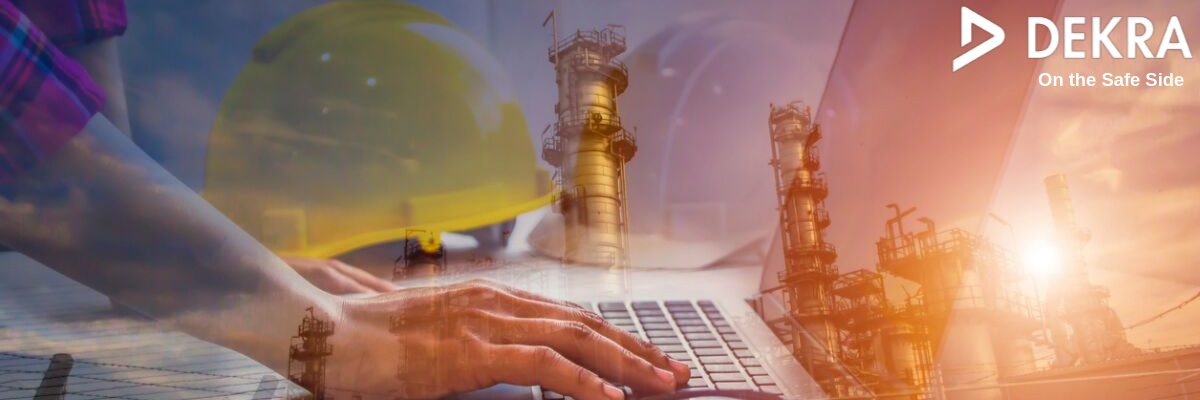The science is indisputable. All three types of fatigue, whether physical (body), mental (mind), or neurocognitive (brain), impair human performance. The most insidious and dangerous form in workplaces is neurocognitive fatigue, which is caused by insufficient Delta-wave or deep, restorative sleep that the human brain requires every 24 hours. The particular parts of the brain that suffer from this type of fatigue are the four lobes of the cerebral cortex—the parts of our brain that control cognitive processes such as pattern recognition, auditory discrimination, visual processing, memory, speech, reasoning, planning ahead, problem solving, and decision making.
The Dangers of Brain Fatigue
Jan 13, 2021 11:17:04 AM / by DEKRA posted in Serious Injury and Fatality, safety, organizational safety, DEKRA, workplace injuries, Crisis, Workplace safety, Driver Safety, Road Safety, safety leadership, fatigue
Top 10 Workplace Safety Whitepapers and eBooks
Jan 7, 2021 3:01:11 PM / by DEKRA posted in Serious Injury and Fatality, safety, organizational safety, DEKRA, workplace injuries, Crisis, Workplace safety, Driver Safety, Road Safety, safety leadership
How do you get better at safety? Especially in 2020 where in-person learning was practically impossible? In our experience, the answer depends on where your organization is on its safety journey. For some, there’s a need to develop safety leadership skills in supervisors. For others, the solution is broader exposure control, targeted risk management, remote learning or serious injury prevention. Still, others need a combination of all the above.
Taking Charge of Exposure
Dec 21, 2020 2:37:05 PM / by DEKRA posted in Serious Injury and Fatality, safety, organizational safety, DEKRA, workplace injuries, Crisis, Workplace safety, Driver Safety, Road Safety
Employees face hundreds of exposures every day. These exposures can be as seemingly innocuous and commonplace as an uneven floor or a dimly lit workstation. They can be in the way people are encouraged to work by an organizational culture that hurries them to complete a job or turns a blind eye to shortcuts that keep production flowing. They can be remarkable for their lack of protective measures: machinery with faulty or missing guards, elevated tasks with no handholds or tie-offs, jobs with no clear procedure for working around chemicals or hazardous material.
Drowsy Driving? An Accident Waiting to Happen
Dec 14, 2020 5:01:28 PM / by DEKRA posted in Serious Injury and Fatality, safety, organizational safety, DEKRA, workplace injuries, Crisis, Workplace safety, Driver Safety, Road Safety

